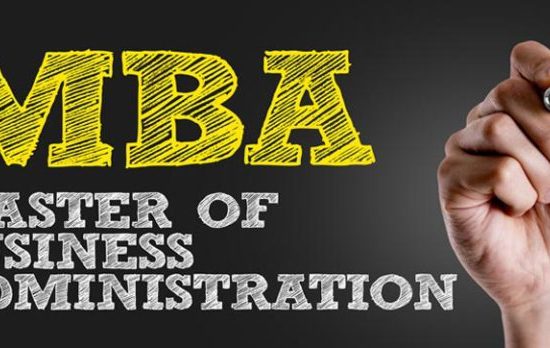An online finance degree has the potential to set you up for an interesting and lucrative career.
The best online degrees are flexible and offer good subject choices.
You can study online for a Bachelor of Commerce with a Finance major.
Master of Finance online programs are open to university graduates and experienced professionals.
You can start an online masters by doing a 4-unit graduate certificate.
Finance students learn about the use of money, including how: (i) businesses raise and deploy capital (ii) individuals allocate savings and (iii) markets balance capital supply and demand.
Studying finance can leads to careers in banking, insurance, trading, and advisory services.
Competition for jobs in Australia is high. Bachelor students may be advantaged by combining finance with another major, such as accounting. For graduates, a masters degree helps you to be considered for top positions.
Finance professionals manage assets to create wealth for investors or companies. The discipline examines how individuals, businesses and institutions raise funds to implement investment strategies... When dealing with investments, finance professionals consider the time between investment and future payoff and the risks attached to these future payoffs.

Most careers in finance involve finding effective ways to manage an organization's money, in order to create wealth and increase the organization's value. Finance majors prepare for this career by studying topics about planning, raising funds, making wise investments and controlling costs.
Students studying finance will be tasked with big responsibilities in their careers... Those finance majors who want to have an edge over their competition, both during the initial post-graduate job search and throughout their careers, will take advanced mathematics, accounting, economics, psychology, communications and writing courses to gain a deeper insight into their jobs and a better ability to work effectively with people
Top Bachelor Degrees





